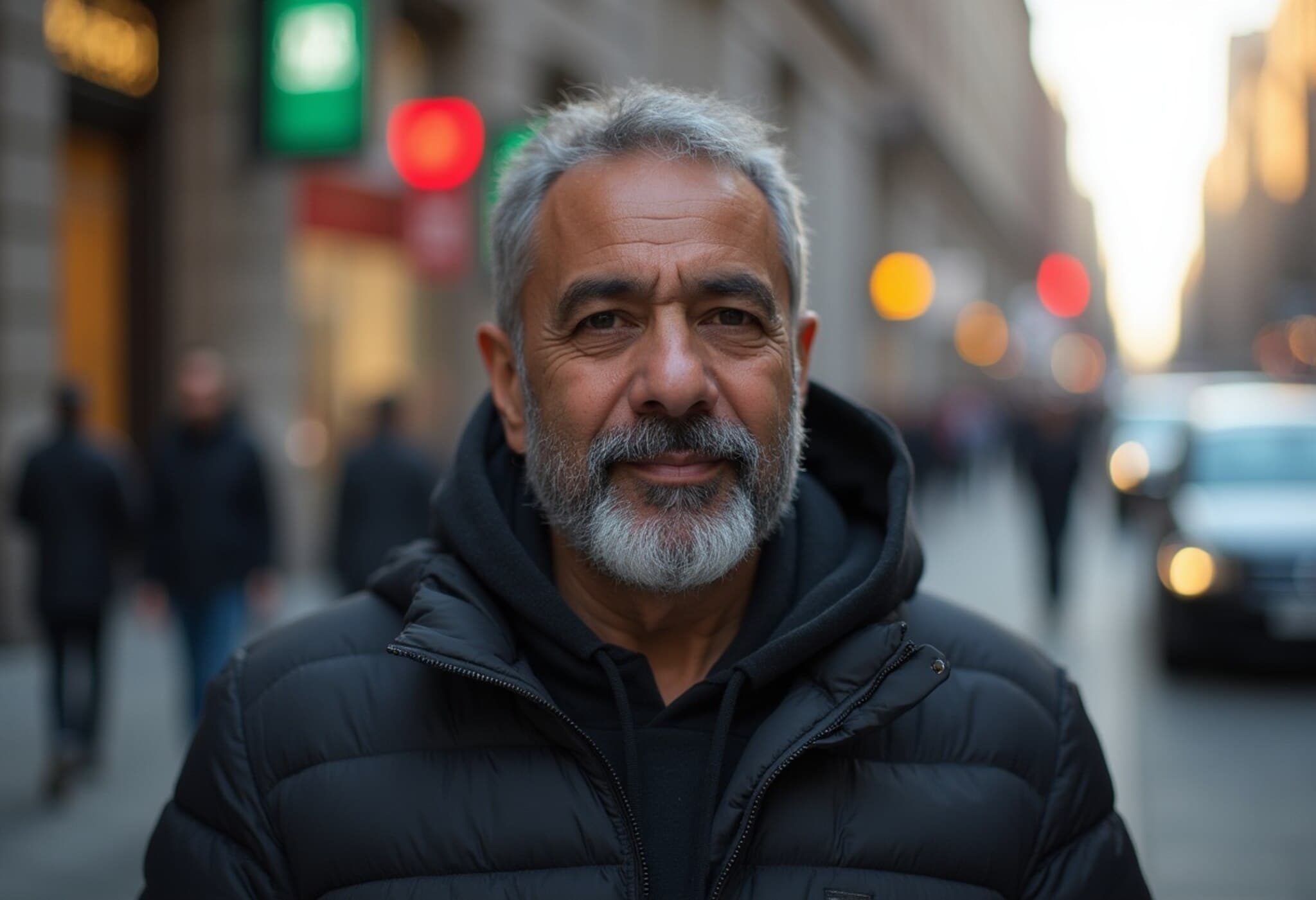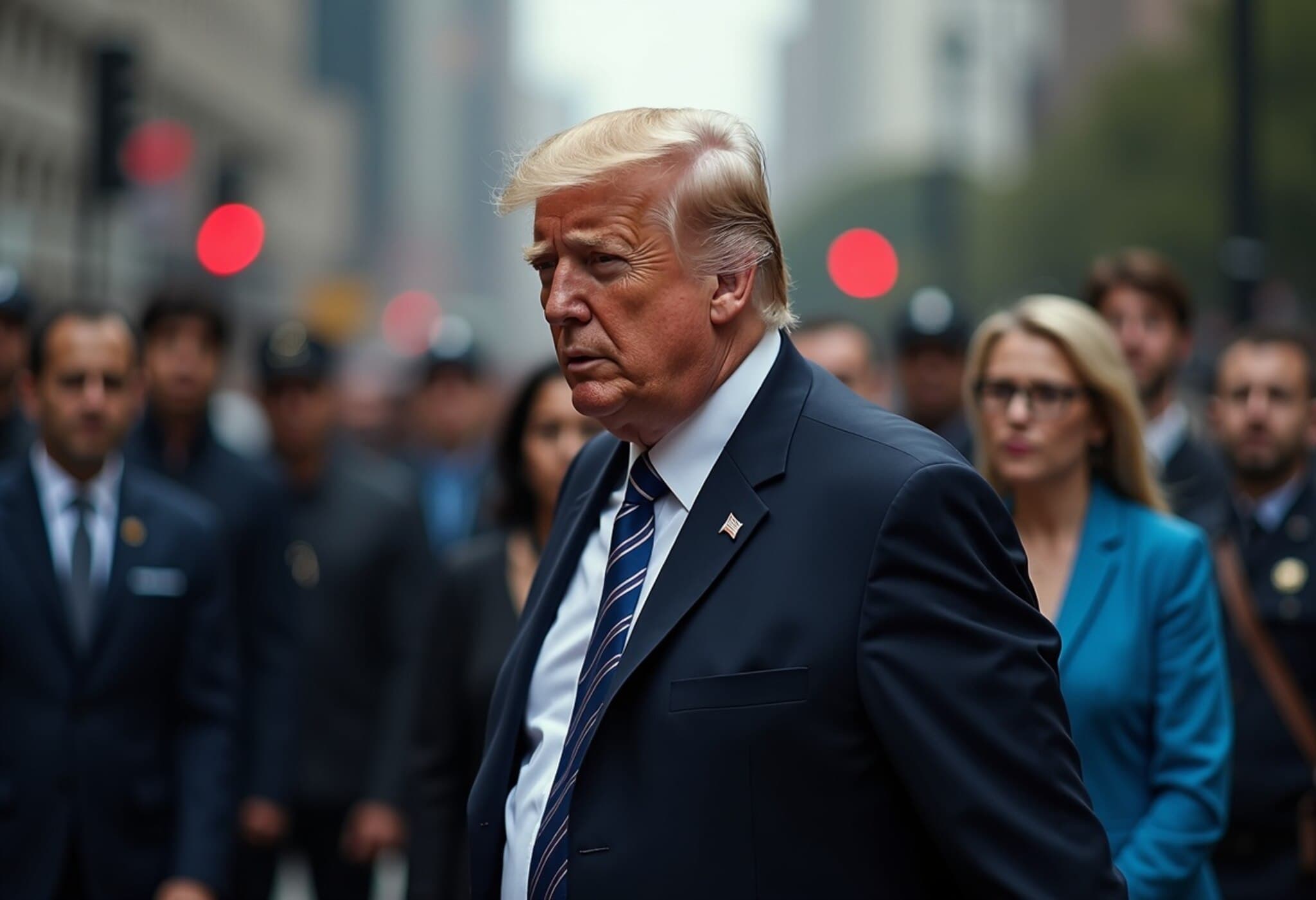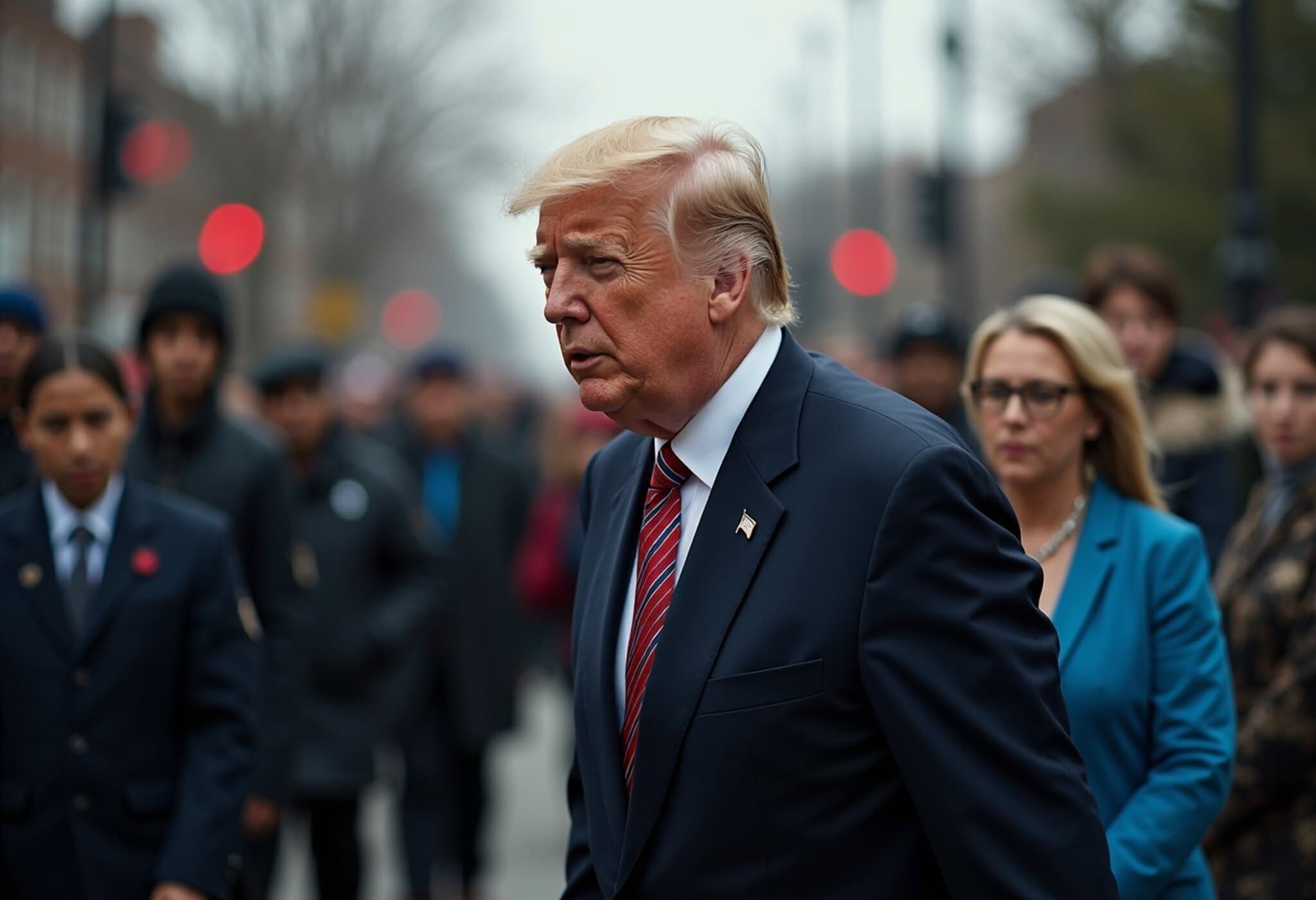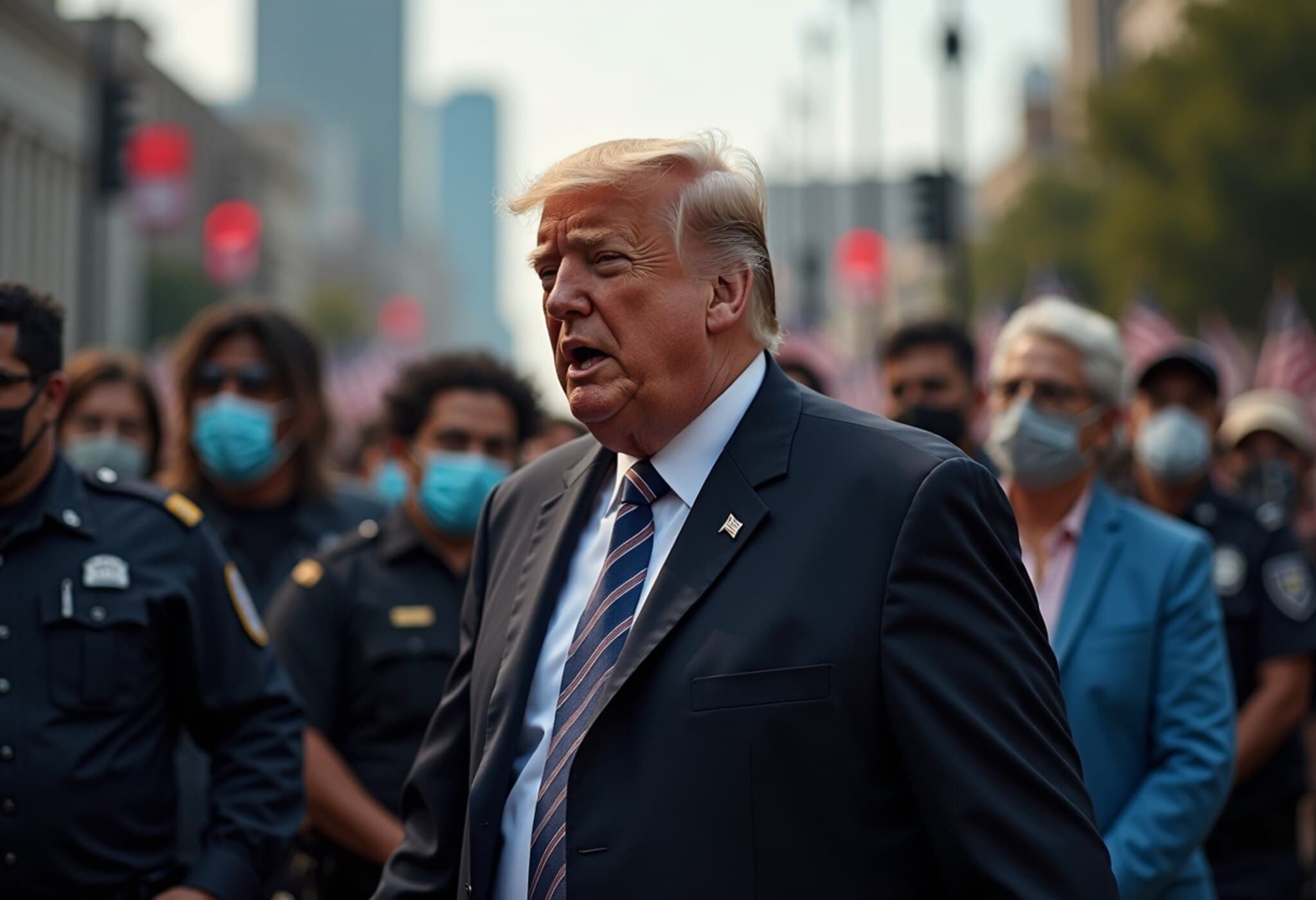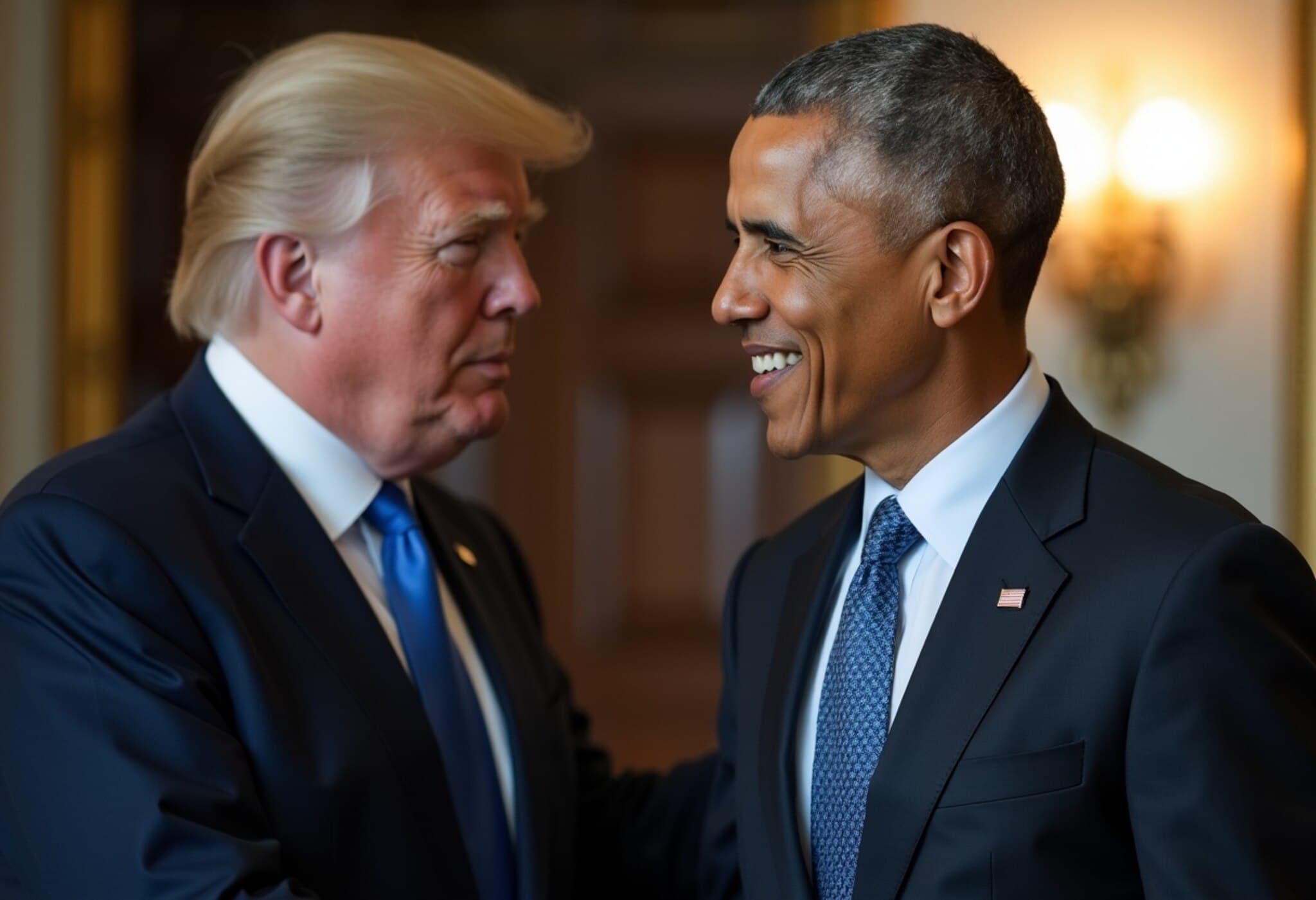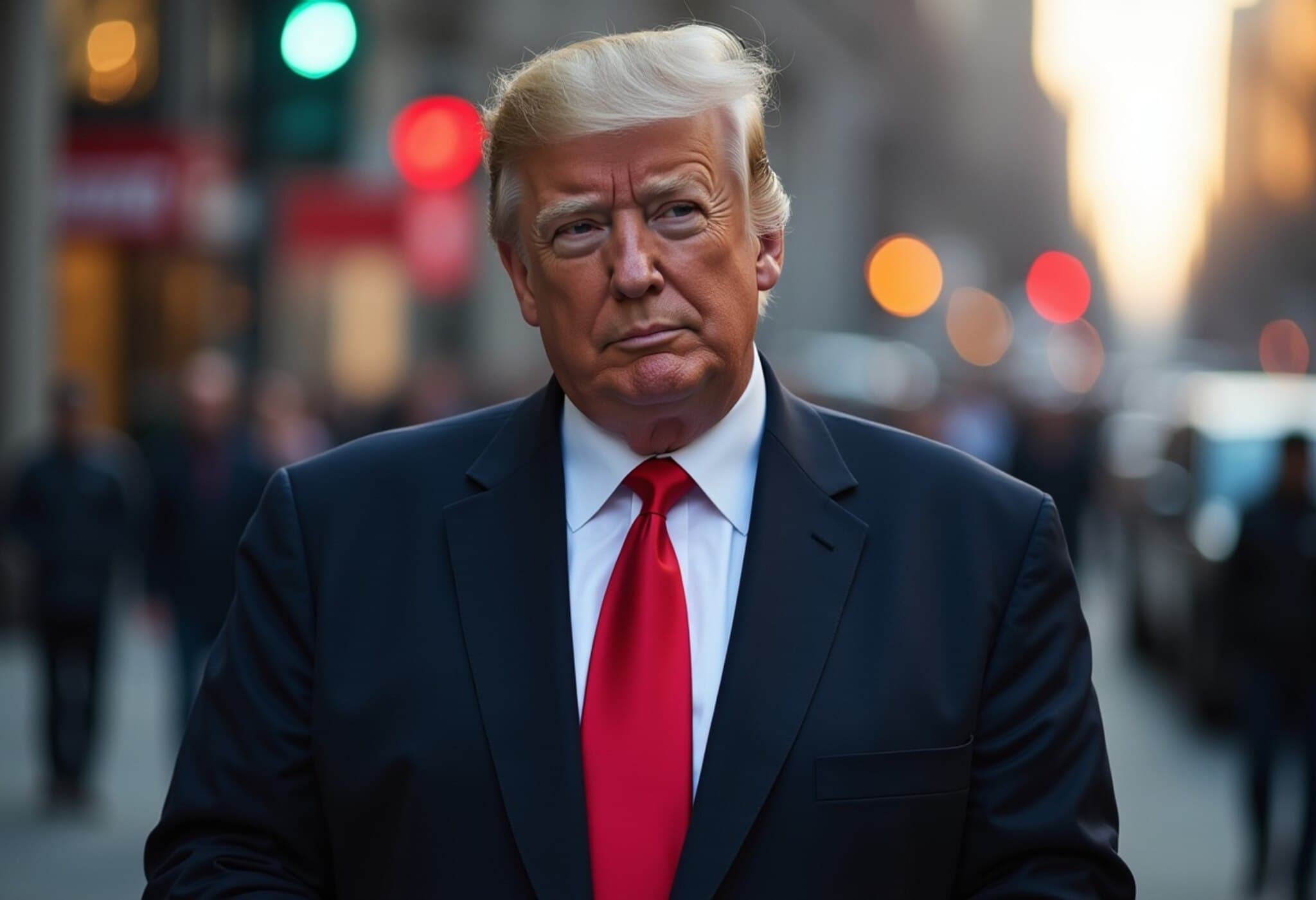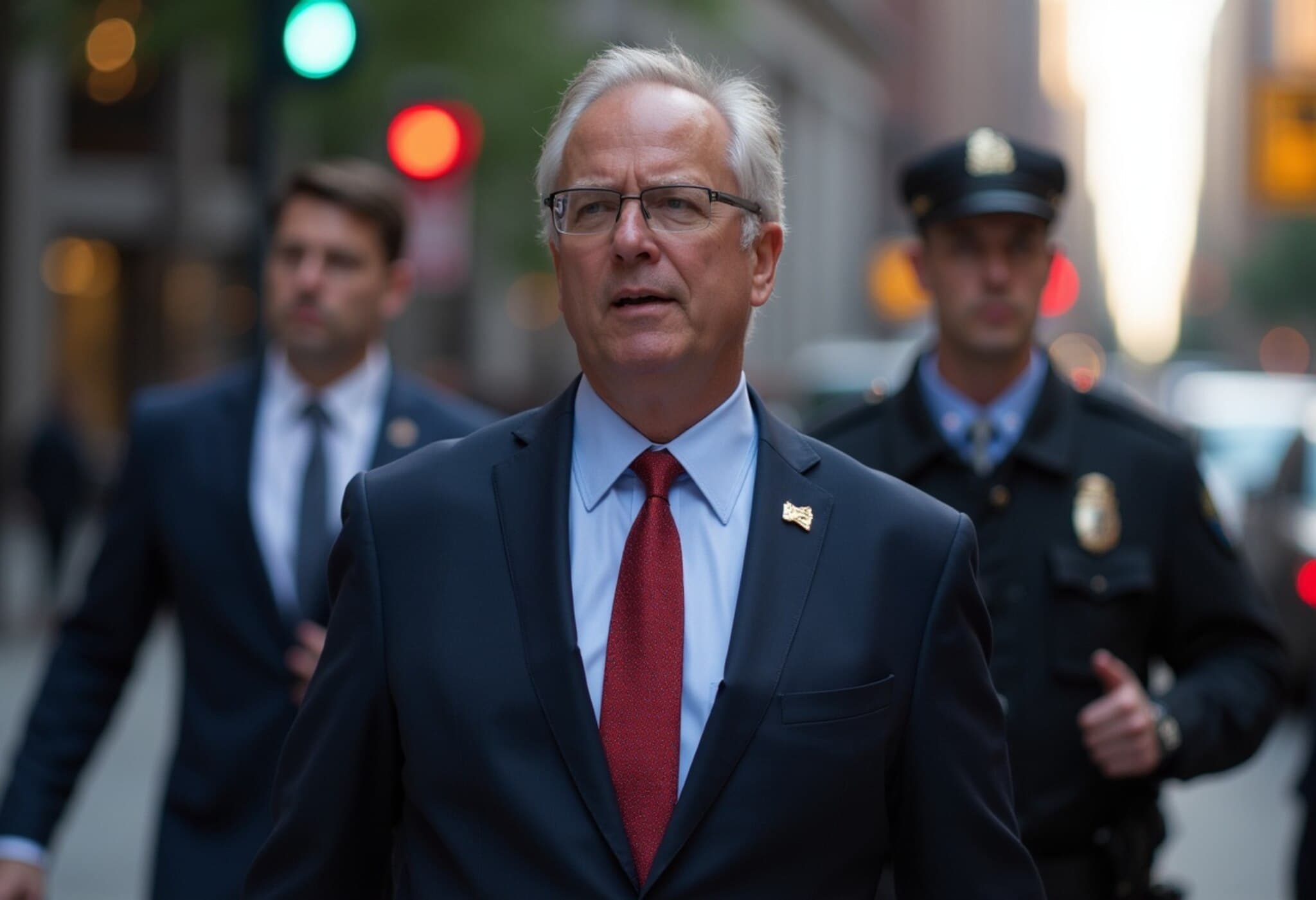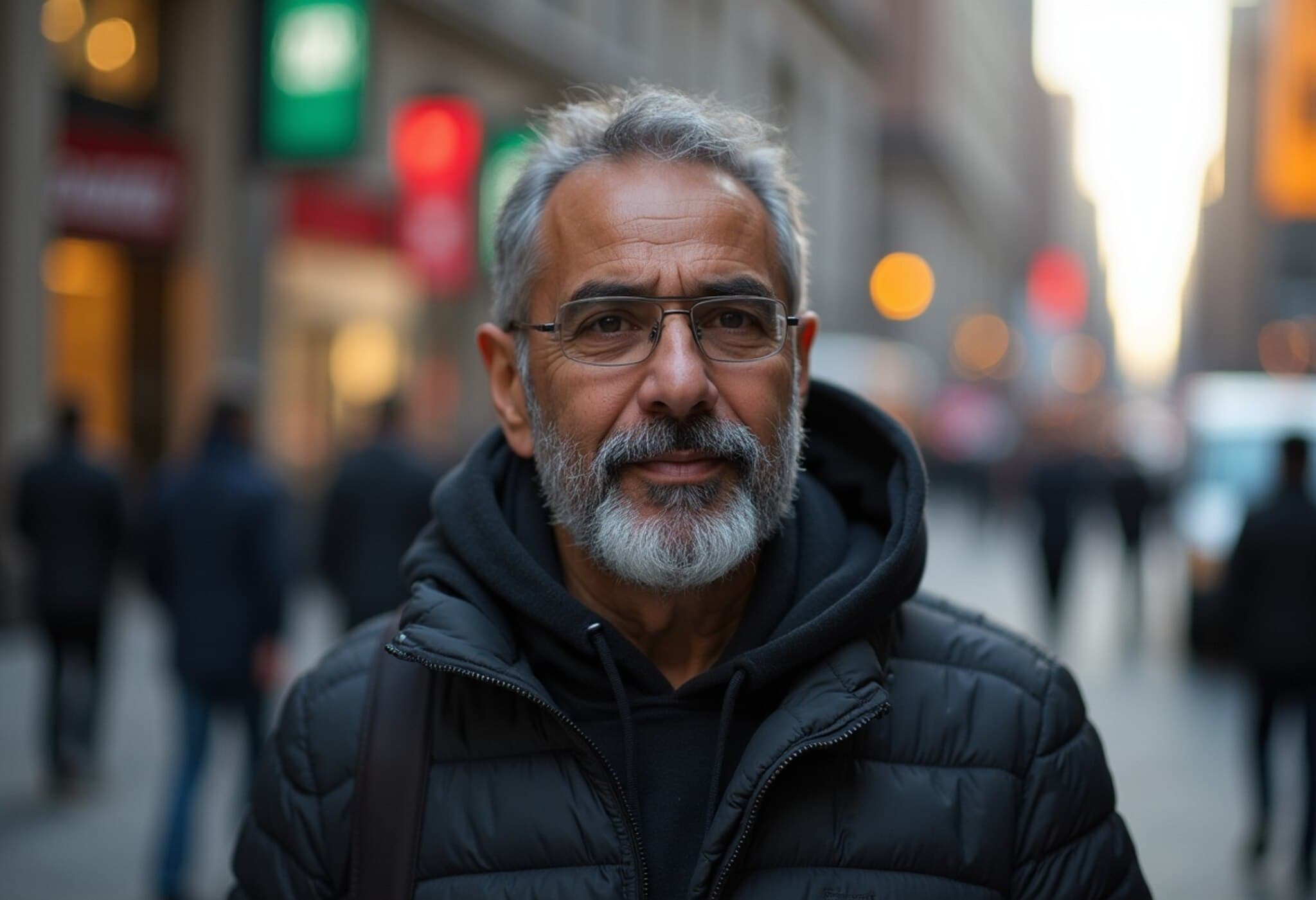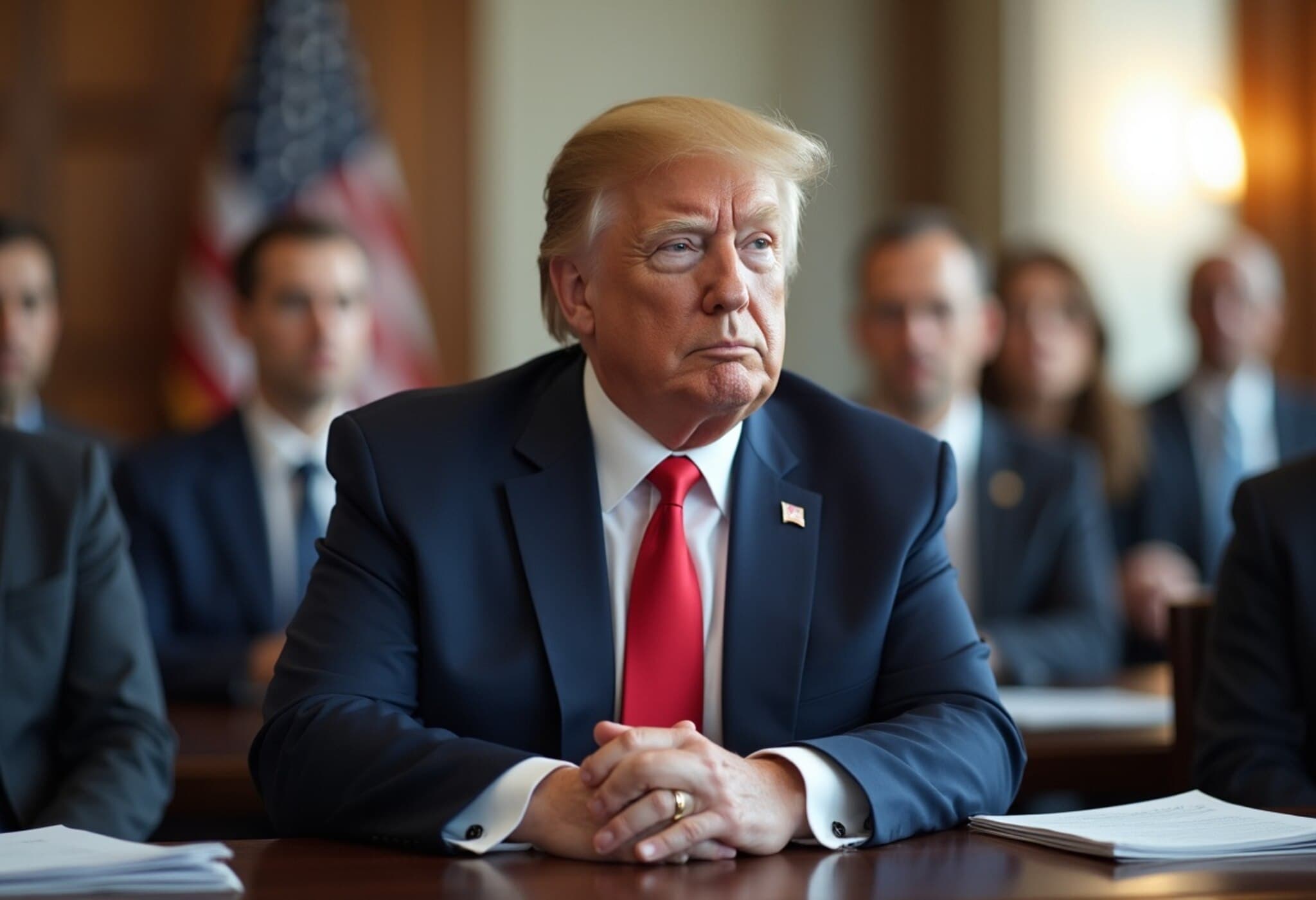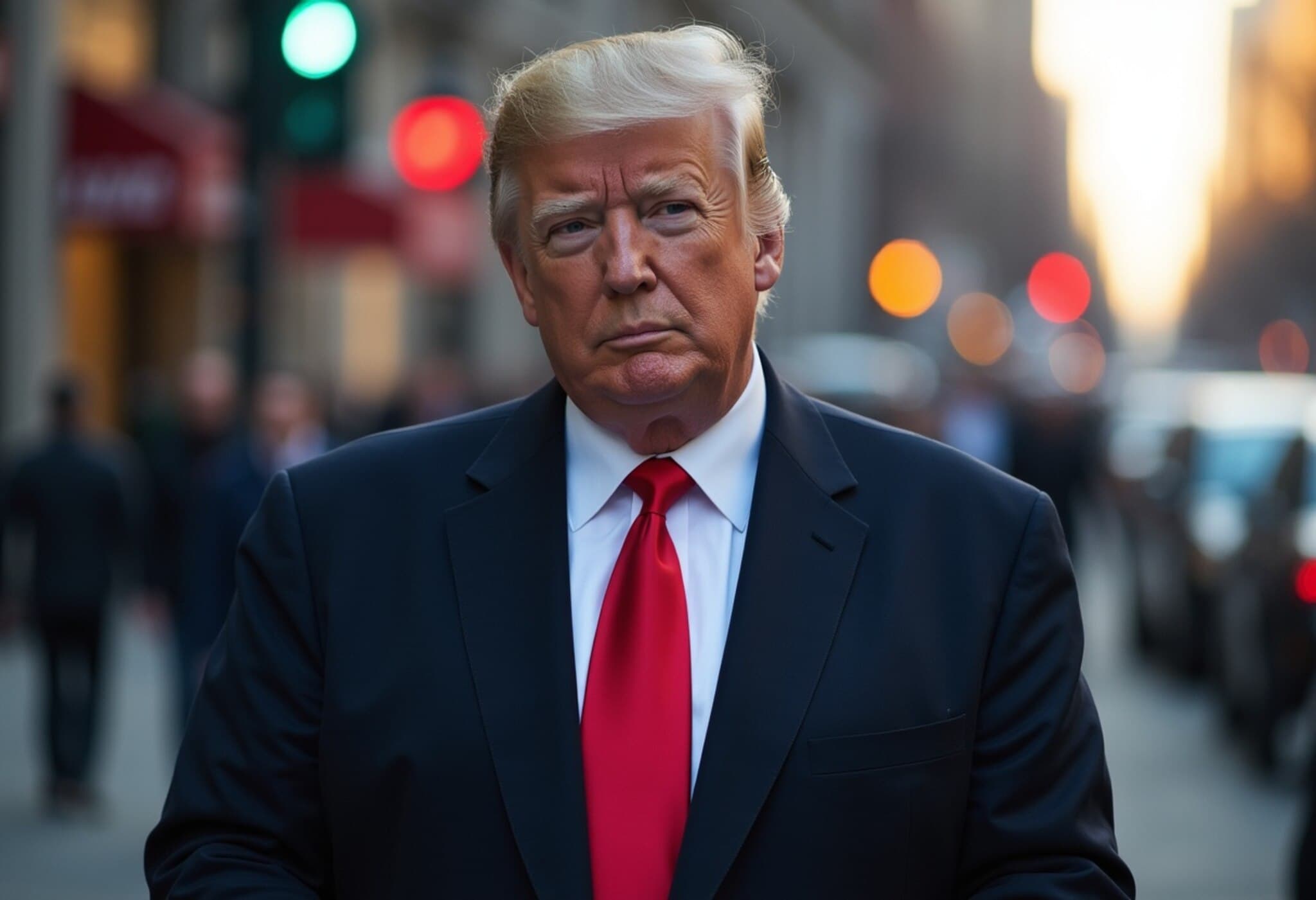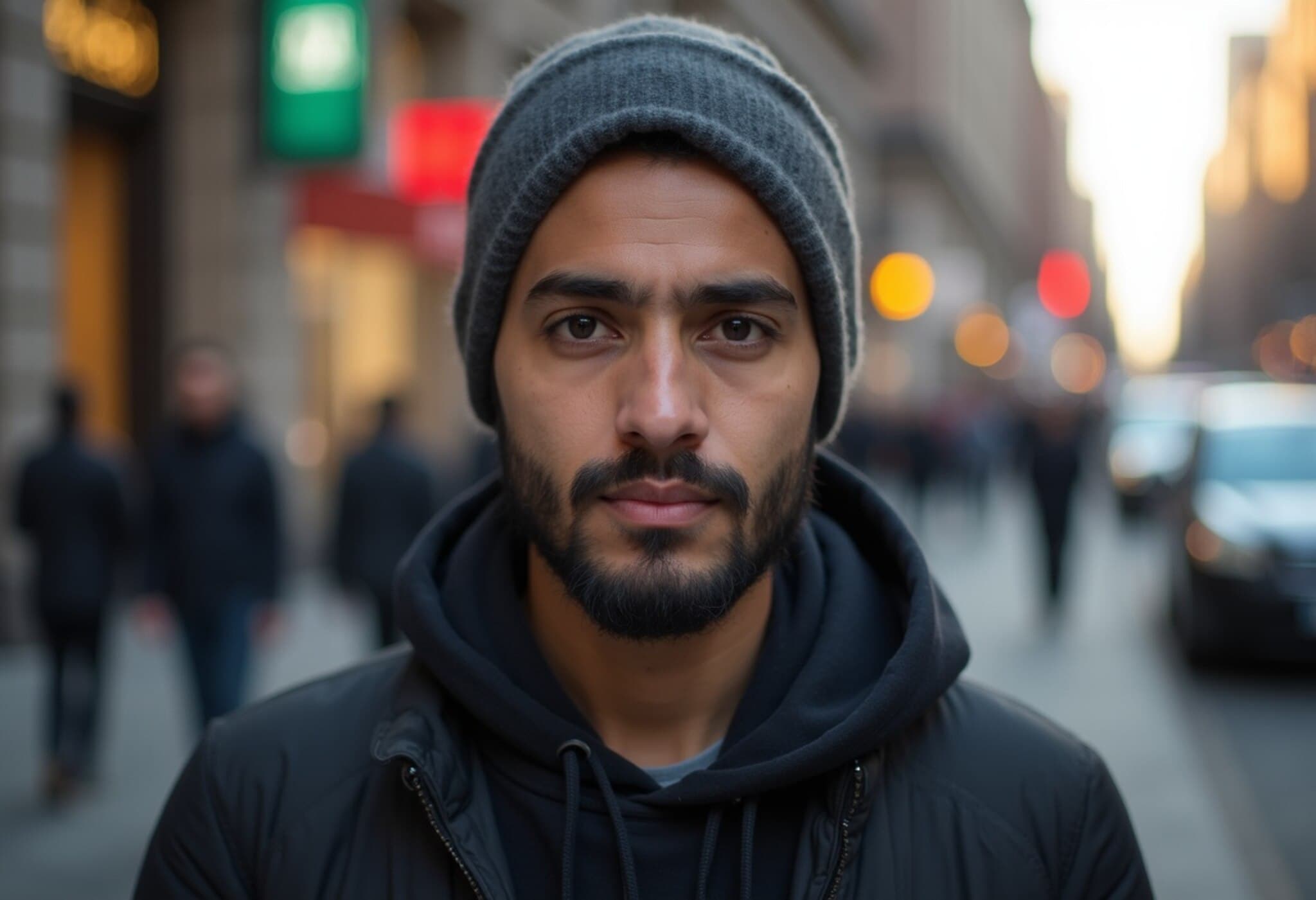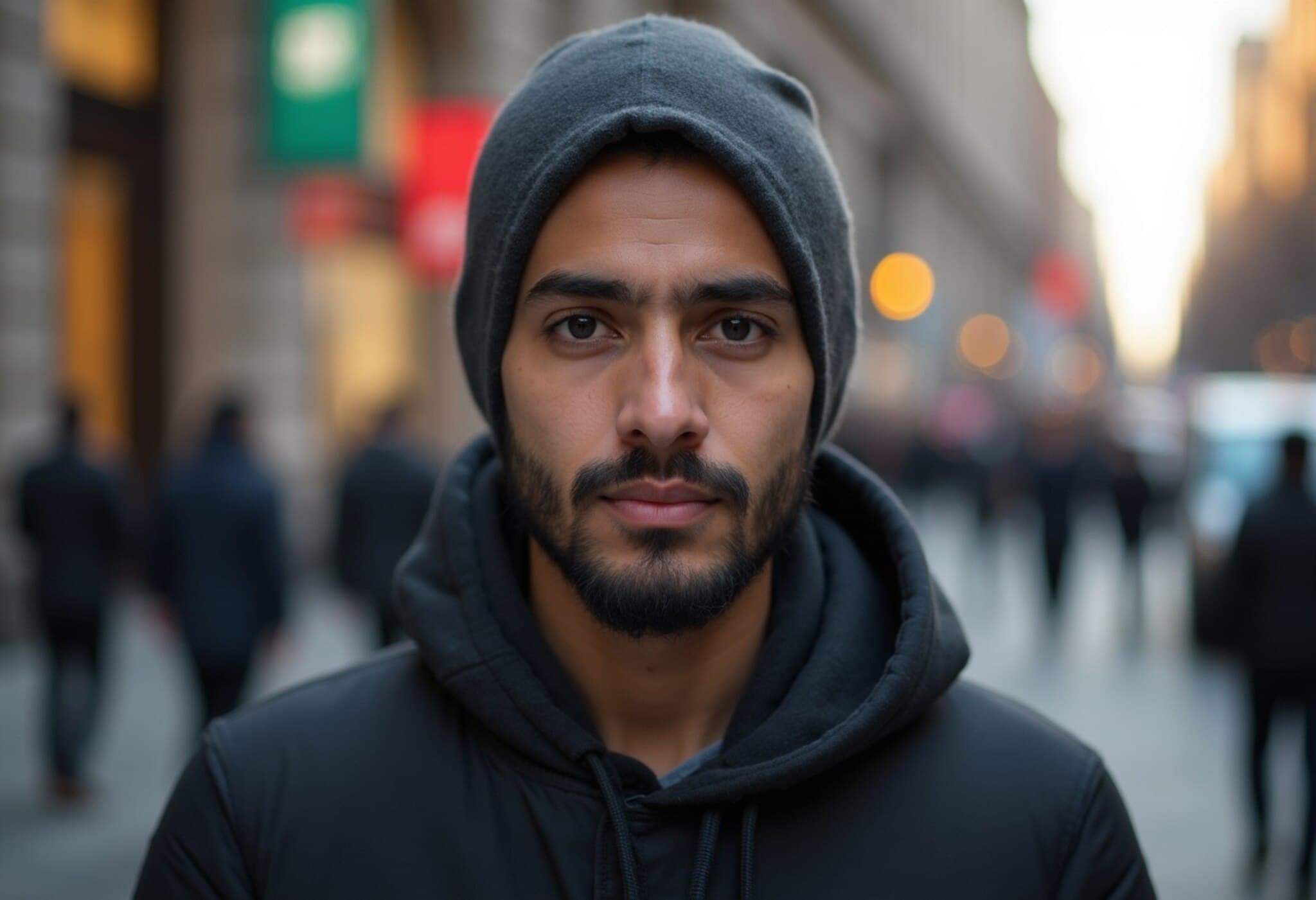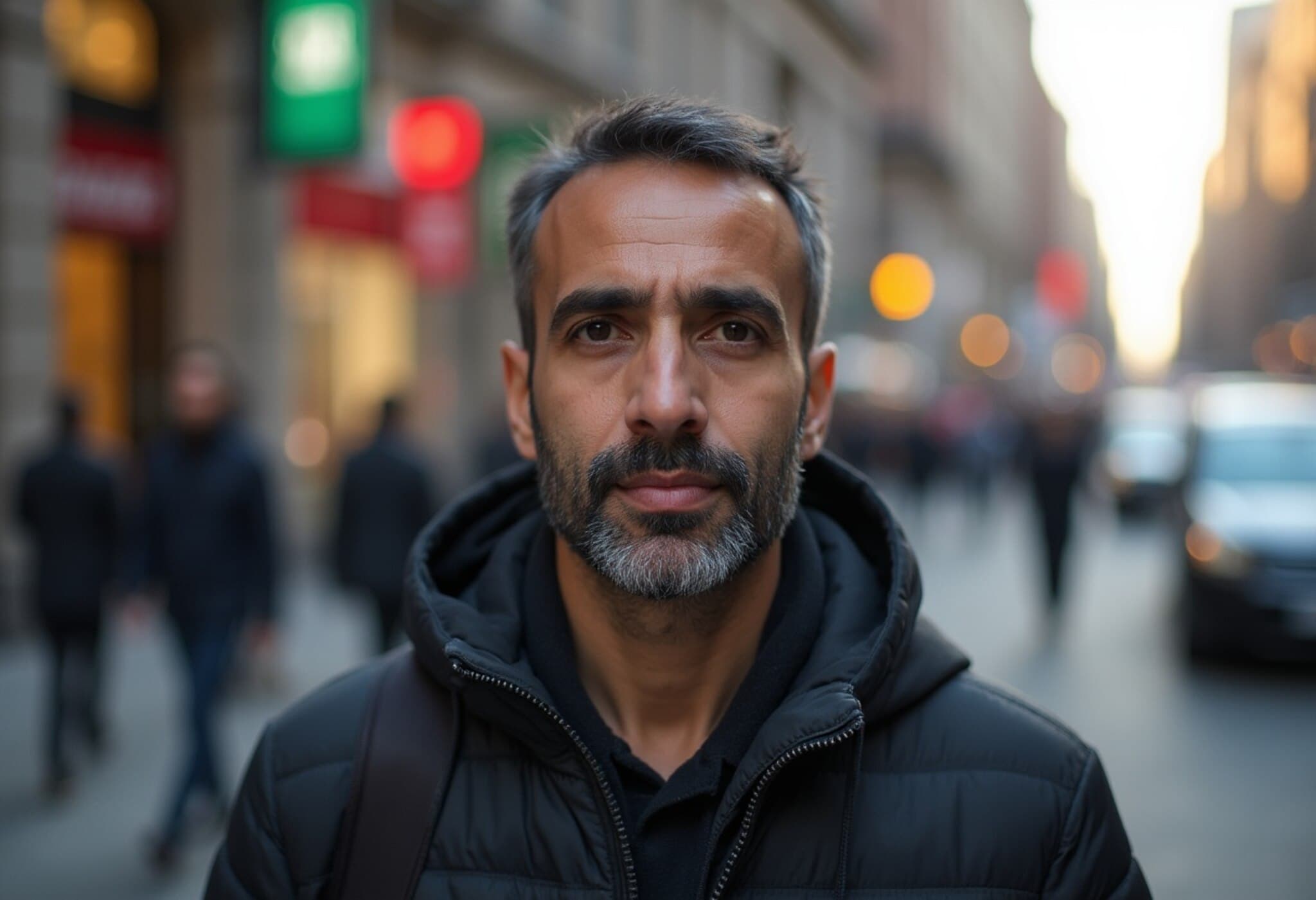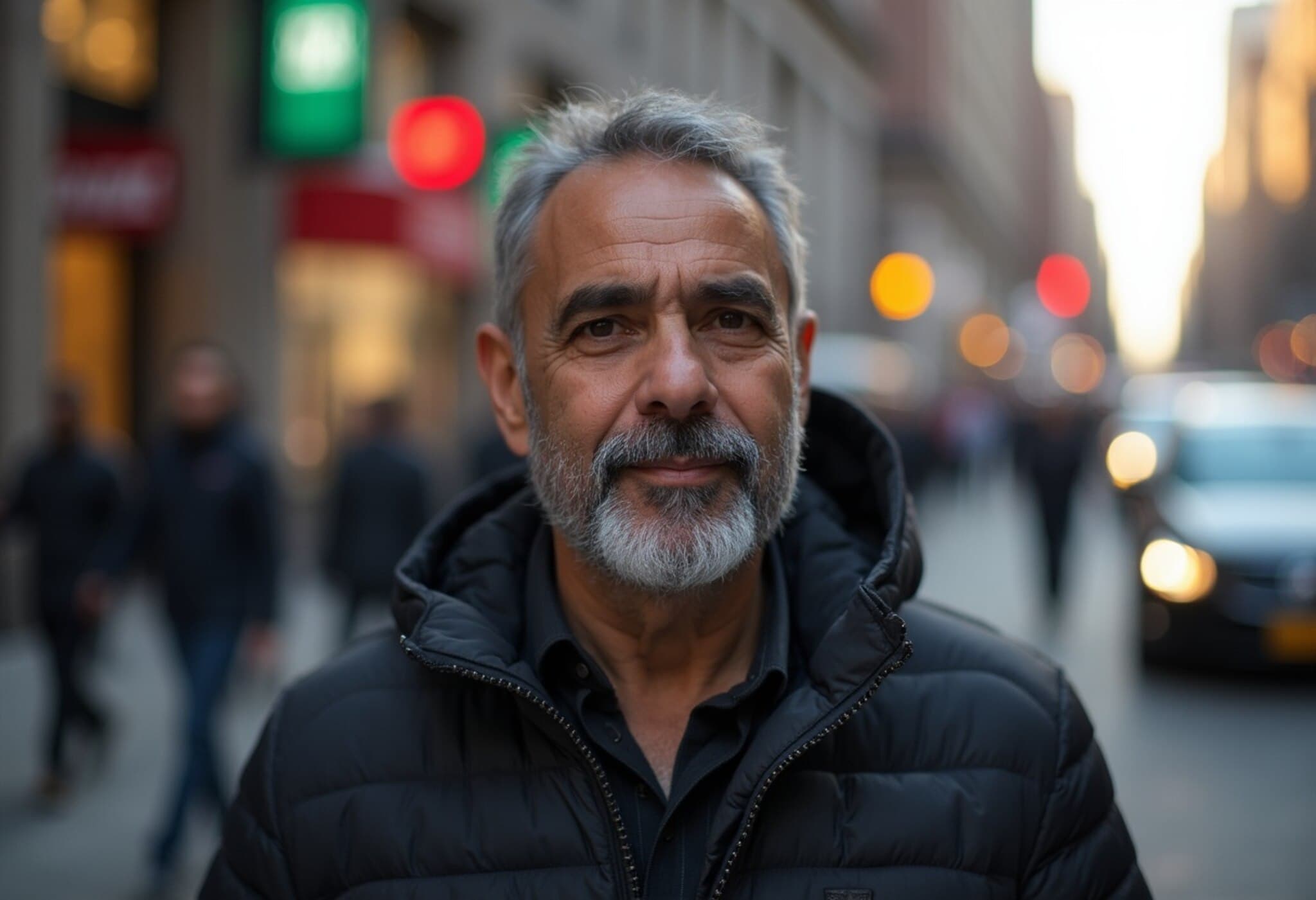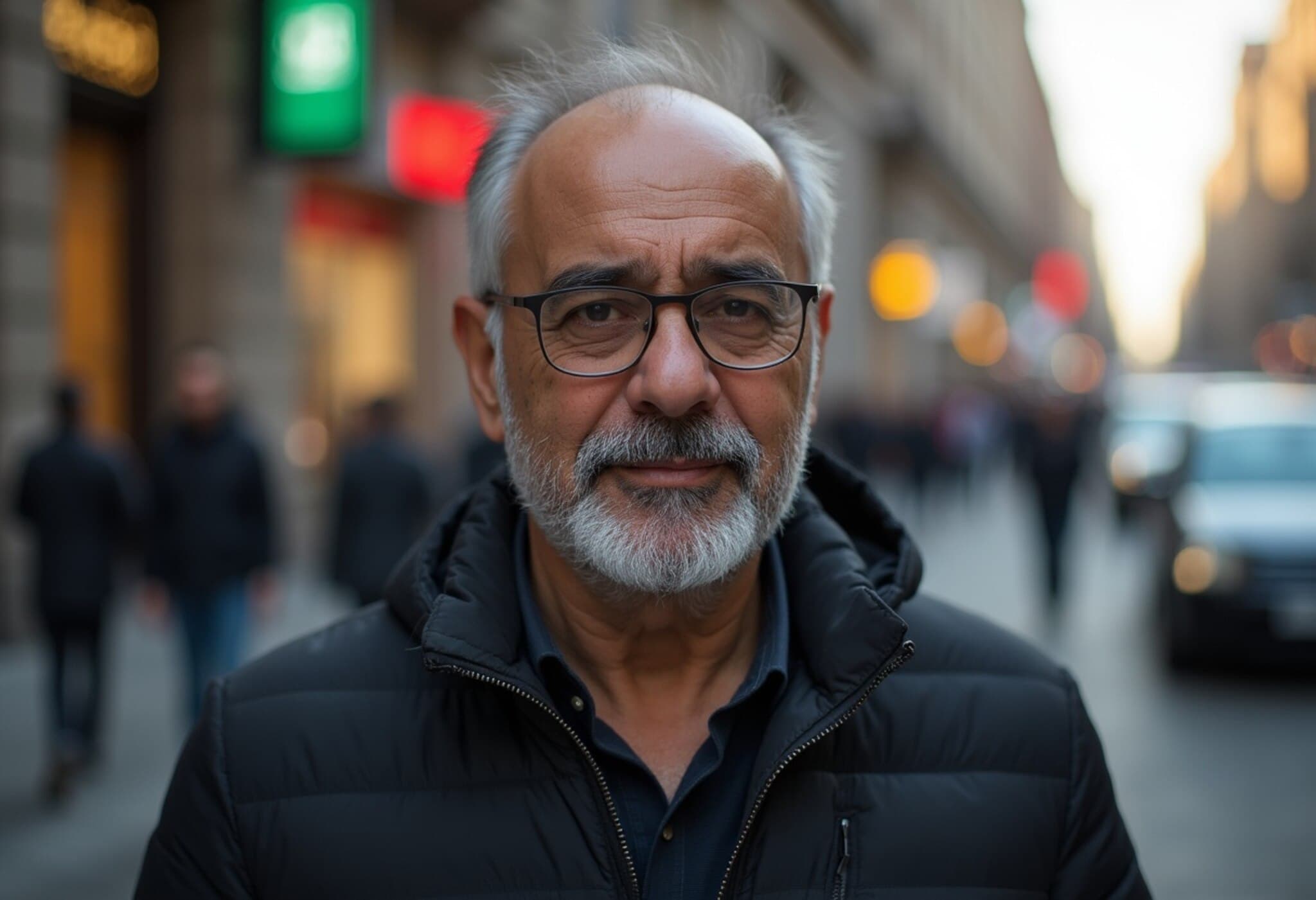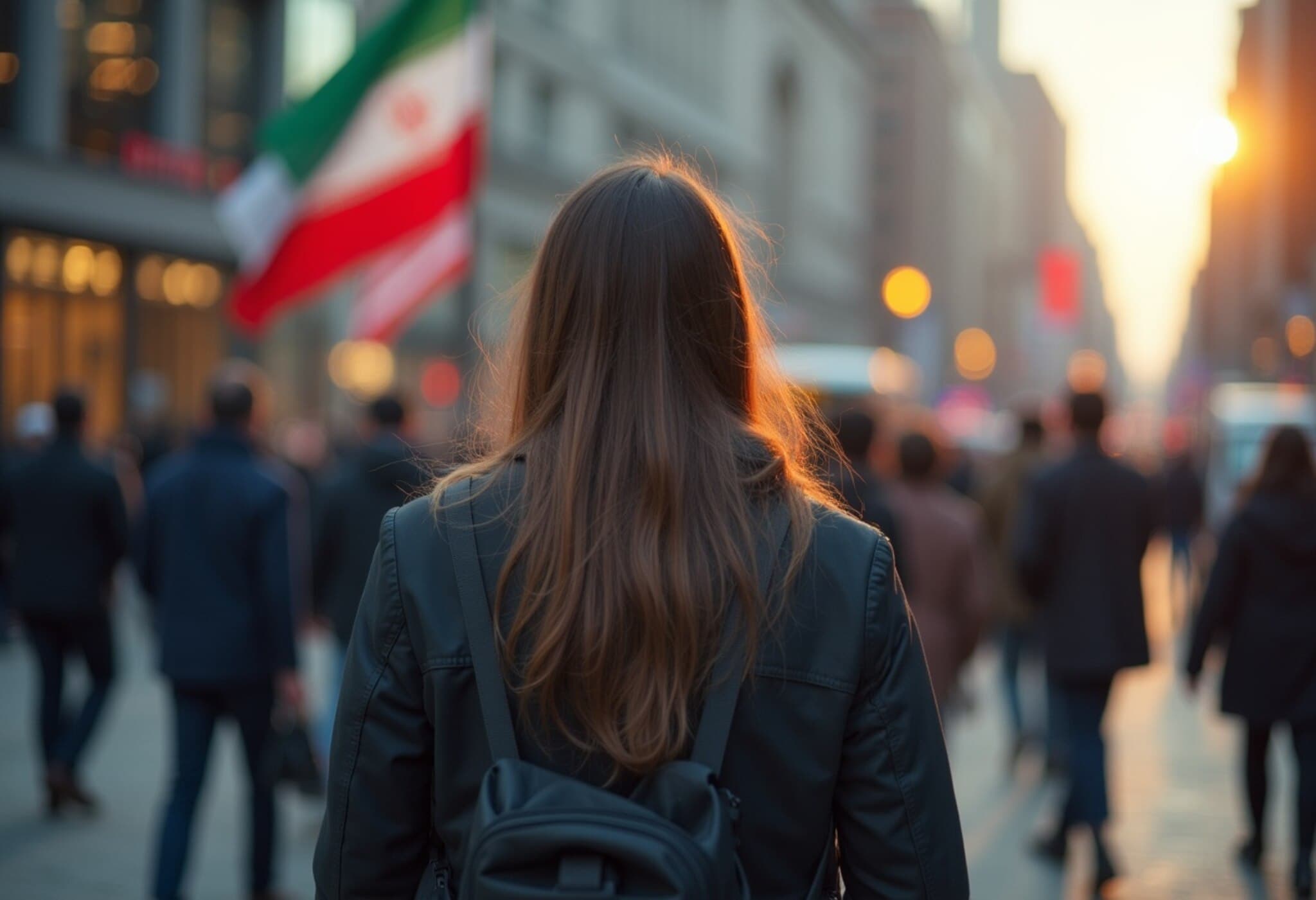Palestinian-American Activist Mahmoud Khalil Files $20 Million Claim Against Trump Administration
Mahmoud Khalil, a Palestinian-American activist and Columbia University alumnus, has taken a bold legal stance by filing a $20 million claim against the Trump administration. The lawsuit alleges wrongful arrest and detention without charges, accusing the government of a series of civil rights violations that have sparked fierce debate over immigration enforcement and political persecution.
Background: Arrest, Detention, and Allegations
Khalil, a U.S. green card holder and permanent resident, was detained for more than 100 days in federal immigration custody without formal charges. His legal team argues that his arrest was not only baseless but also part of a broader attempt by the administration to revoke his citizenship and deport him. The case gained emotional gravity when Khalil was denied a temporary release despite his wife going into labor with their first child.
The claim, filed recently, accuses the administration of false arrest, malicious prosecution, abuse of process, and intentional as well as negligent infliction of emotional distress. Khalil’s attorneys contend that these actions stem from a "conclusory determination" by Secretary of State Marco Rubio, labeling Khalil’s presence as a foreign policy threat without due process.
Government’s Position and Counter-Accusations
The Department of Homeland Security has vehemently denied Khalil's allegations. DHS spokesperson Tricia McLaughlin countered by asserting that Khalil himself "terrorized Jewish students on campus," accusing him of "branding himself as an antisemite through hateful rhetoric and behavior." The administration defends its actions as lawful, maintaining that detaining an individual who "advocates violence, glorifies terrorism, harasses Jews, and damages property" falls squarely within their statutory and constitutional authority.
Khalil’s Response and Ongoing Legal Battle
Khalil remains defiant, condemning the government’s actions as an abuse of power. “They operate as if they are untouchable,” he said, underscoring a demand for accountability he believes is absent in current immigration enforcement policies. Despite his release, Khalil faces the looming threat of deportation while the legal proceedings unfold.
In a compelling offer, Khalil has stated that if he prevails, he will share any awarded compensation to support others facing similar government persecution. Alternatively, he seeks a formal apology and a public renouncement of what he calls an unconstitutional policy targeting activists.
Expert Commentary: What This Case Means for Immigration Enforcement and Civil Rights
This high-profile suit arrives amid growing scrutiny of the Trump administration’s immigration tactics, particularly accusations of targeting political activists and minorities under the guise of national security. Experts point out the fine line between lawful immigration enforcement and potential violations of constitutional rights, including due process and freedom of expression.
Legal analysts warn that cases like Khalil’s raise urgent questions: How are “foreign policy threats” determined? What standards of evidence and transparency are in place to prevent misuse of immigration law for political ends? Without strict safeguards, critics argue, administrative discretion risks becoming a tool for suppression rather than protection.
Moreover, the emotional toll on families caught in such legal battles reveals a deeply human side often overlooked in policy discussions. Khalil’s denial of temporary release during his wife’s childbirth starkly illustrates the personal sacrifices endured by those entangled in immigration disputes.
Broader Implications and Public Discourse
- Accountability in Immigration Policies: Khalil’s case could set a precedent for holding government agencies accountable for civil rights abuses amid national security claims.
- Impact on Activism and Free Speech: The accusations and counter-accusations highlight tensions surrounding activism, with concerns over disproportionate targeting of voices critical of administration policies.
- Community and Interfaith Relations: The charge of antisemitism and harassment introduces a complex dimension around campus safety and social harmony, complicating public perspectives.
As the nation watches this story unfold, it reflects broader challenges in balancing security, civil liberties, and the rule of law in an increasingly polarized political climate.
What’s Next?
The legal battle is ongoing, with significant ramifications for immigration enforcement and political liberties. Both sides continue to present their case in what has become a litmus test for administrative accountability and immigrant rights under pressure.
Editor’s Note
Mahmoud Khalil’s lawsuit is more than a personal fight; it symbolizes the friction between immigration policy and civil rights in contemporary America. His demand for either substantial compensation or an official apology invites the public to rethink how governments wield power—especially amidst allegations of targeting dissent. As this case progresses, it challenges us to consider the real cost of national security efforts on individual freedoms and family lives. Readers should watch closely: the outcome here could reshape debates around immigration enforcement, political activism, and the boundaries of governmental authority.

